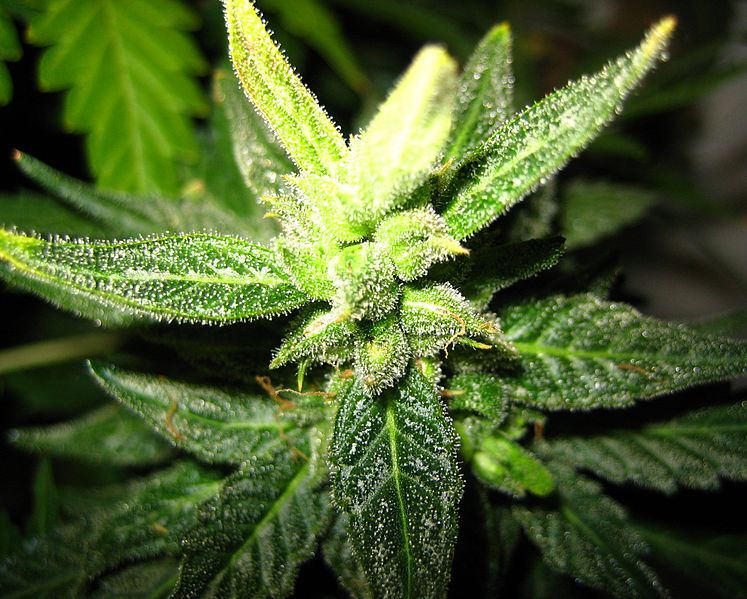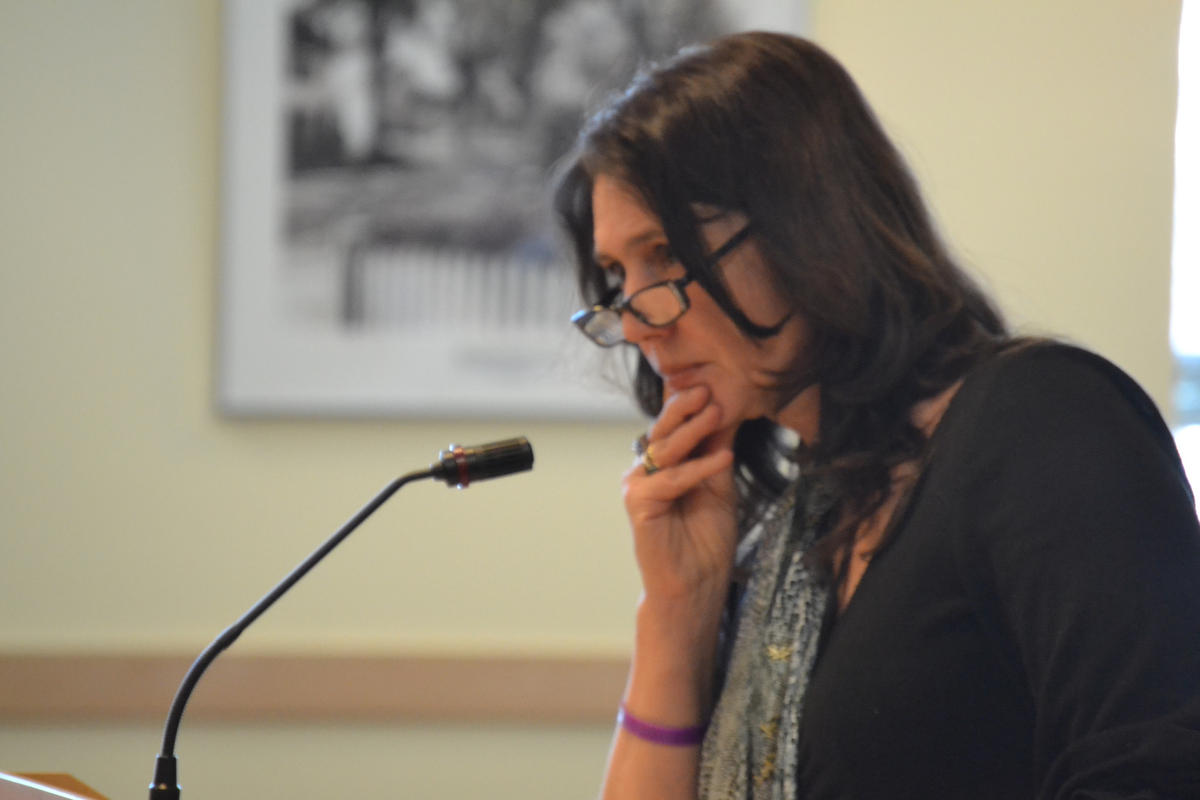Source: mpbn.net
AUGUSTA, Maine - A new effort to legalize hemp in Maine for commercial and industrial purposes is taking root at the State House, where nearly a dozen supporters turned out today for a public hearing on the proposal.

Pollinated hemp flowers.
CREDIT ERIK FENDERSON / WIKIMEDIA COMMONS
Similar legislation was approved last year, but lawmakers were unable to find enough money to fund the bill. Now proponents are saying federal opposition to commercial hemp production is weakening and the crop could be a game changer for rural Maine farmers.
Twenty-one years ago, Glen Lane left the northern Penobscot County town of Stacyville and entered military service. When he returned, he found that paper making and related industries had vanished from his hometown and others in the region.
"It's amazing, after 21 years you move back to an area and you see what's happened to it," Lane said. "Basically, you can call it devastation."
Lane said the commercial and industrial processing of hemp could provide a new and lucrative use of the region's productive farmland. Hemp oil, twine, rope and fabric are among the products that Maine could produce if it were to begin growing the plant and processing it.
Lane said he and others have researched the potential commercial market for hemp and are convinced that the sky's the limit. "This is actually a $547 million a year crop - that is the number," Lane said. "It's projected growth for this past year was 47 percent. What can we get in our state that is going to benefit us as this crop does?"
Maine lawmakers recognized some of that potential when they passed a bill last year to license hemp growers. But the bill died after they were unable to find money to fund it.
This year, a pair of lawmakers have sponsored two separate bills to revisit the issue. The federal government continues to classify hemp as a controlled substance because of its cannabis content. But the Justice Department has said it won't interfere in states that have legalized hemp production if they adopt a robust regulatory system. And the federal farm bill contains a provision that encourages hemp legalization in states for research purposes.
open to door to hemp cultivation in Maine.
CREDIT MAL LEARY / MPBN
As a result, Rep. Deb Sanderson wants to drop language in Maine's law that makes hemp cultivation contingent on federal approval. "That opens the door for real opportunity for research and development programs for commercial license and staying in compliance with the federal government," Sanderson said.
"Maine Farm Bureau opposes the classification of industrial hemp as a controlled substance and supports the production, processing, commercialization and utilization of industrial hemp," said Jon Olson, executive director of the Farm Bureau.
Olson says hemp holds real potential for Maine farmers who are interested in learning more about the cultivation of the crop. He and others in the agricultural community are eager to see research begin in Maine at institutions such as Unity College.
Heather Spaulding, of the Maine Organic Farmers and Gardeners Association, says hemp is well suited for organic production, in particular. "The good soil preparation followed by the dense growth of hemp can control weeds," Spaulding said. "Green manure crops can provide the nitrogen needed for crop growth and the crop does well when rotated after most other crops."
Speaking neither for nor against the bills on the behalf of the Department of Agriculture, State Horticulturist Ann Gibbs reminded lawmakers that the state would need to put monitoring and safeguards in place before any hemp research could proceed. And she says those costs might be able to be absorbed by her department. The bill is scheduled for further review on Feb. 24.
CREDIT MAL LEARY / MPBN
As a result, Rep. Deb Sanderson wants to drop language in Maine's law that makes hemp cultivation contingent on federal approval. "That opens the door for real opportunity for research and development programs for commercial license and staying in compliance with the federal government," Sanderson said.
"Maine Farm Bureau opposes the classification of industrial hemp as a controlled substance and supports the production, processing, commercialization and utilization of industrial hemp," said Jon Olson, executive director of the Farm Bureau.
Olson says hemp holds real potential for Maine farmers who are interested in learning more about the cultivation of the crop. He and others in the agricultural community are eager to see research begin in Maine at institutions such as Unity College.
Heather Spaulding, of the Maine Organic Farmers and Gardeners Association, says hemp is well suited for organic production, in particular. "The good soil preparation followed by the dense growth of hemp can control weeds," Spaulding said. "Green manure crops can provide the nitrogen needed for crop growth and the crop does well when rotated after most other crops."
Speaking neither for nor against the bills on the behalf of the Department of Agriculture, State Horticulturist Ann Gibbs reminded lawmakers that the state would need to put monitoring and safeguards in place before any hemp research could proceed. And she says those costs might be able to be absorbed by her department. The bill is scheduled for further review on Feb. 24.

No comments:
Post a Comment